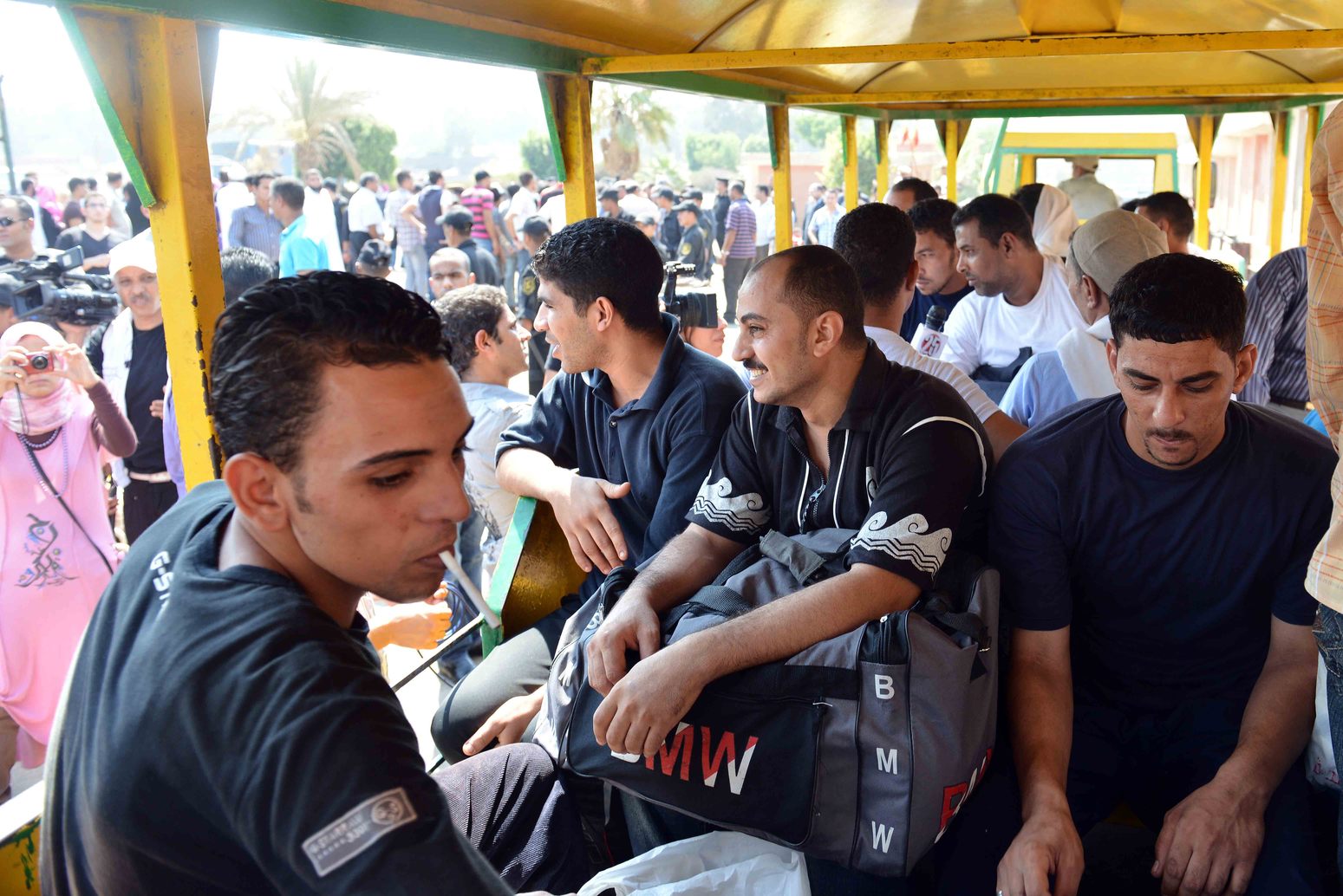Egypt’s Prime Minister Mostafa Madbouly met on Monday with Amr Abdelwahab, Chairperson of the Egyptian Countryside Development Company (ECDC), to follow up on the progress of the national 1.5 Million Feddan Project—one of Egypt’s most significant strategic initiatives.
At the start of the meeting, the Prime Minister emphasized the importance of the ECDC’s role as both developer and operator of this national project, which forms a central pillar of the “Step towards the Future” programme. He highlighted the project’s contribution to sustainable development and the establishment of new agricultural-based urban communities across the country.
Abdelwahab provided a detailed briefing on the company’s ongoing efforts in infrastructure development. He reported significant progress in road construction, well drilling, the installation of desalination plants, and the expansion of utility networks across various project sites. He also outlined the current status and plans for electrical grid expansion to meet the energy demands of the project’s growing agricultural and residential zones.
The meeting also included a review of the geographic distribution of ECDC lands, with updates on developments in areas including Al-Moghra, East Siwa, West-West Minya, West Minya Extension, Al-Tor, Old Farafra and its extension, New Farafra, South Safola, Toshka (surface and groundwater), West Manfalut, Al-Qusiya, and Darb Al-Bahnasawy. Abdelwahab outlined the contracted and cultivated areas at each site, identifying the primary crops grown according to local conditions, as well as activities in livestock, poultry, and aquaculture.
To date, around 440,000 feddans have been cultivated or reclaimed, while approximately 875,000 feddans have been handed over to beneficiaries. An additional 192,000 feddans are currently undergoing legalisation or purchase procedures. More than 4,500 companies are now active within the project’s various regions.
Abdelwahab also highlighted a number of recent accomplishments. These include completing all procedures required to begin marketing industrial zones across ECDC locations, finalising the registration of project lands with the Real Estate Publicity Department, and expanding the total area of cultivated land within company jurisdictions to approximately 130,000 feddans in 2024.
In addition, he noted the launch of sales outlets for agricultural and food products at company sites and in Greater Cairo, as well as the introduction of new development initiatives and cooperation protocols with various stakeholders to enhance implementation efforts.
The company’s digital transformation efforts have also gained momentum. Abdelwahab announced the launch of new electronic services that allow beneficiaries to register and submit applications remotely. He also reported the completion and handover of the Egyptian Countryside Development School for Basic Education in Al-Moghra and the issuance of approximately 3,200 Farmer Cards at the end of 2024.
Furthermore, he pointed to the company’s role in generating foreign currency revenues through contracts with international investors operating under unified and approved legal frameworks.
The meeting underscored the government’s continued commitment to supporting the national reclamation project as a foundation for agricultural development, rural stability, and long-term economic growth.




